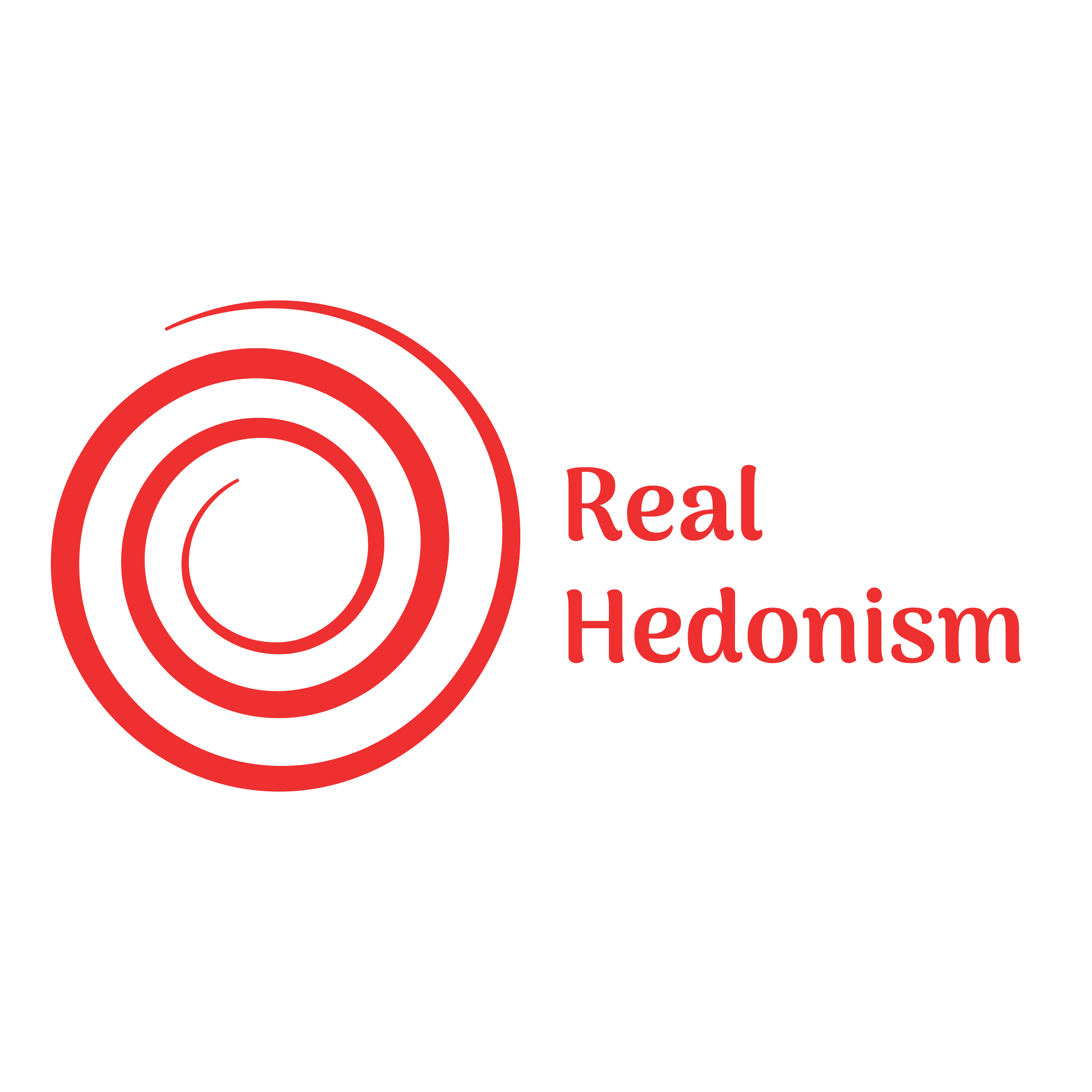The Nature of Love
*TW: We talk briefly about chronic pain and cancer in this article.*
Something to know—Two humans, Cameron and Rayla, run this blog—you can read more about us if you are interested, but for the meantime, we just want to say this particular post is written from Cameron’s point of view, but we do our writing together, and it is a reflection of both of us.
Summer 2017
Last summer my mom got really sick.
To be clear, my mom has had a terminal cancer diagnosis for the majority of my life, so when I say really sick, I mean it. Starting in the beginning of 2017, she slowly began to develop nerve pain, and by May it was pretty much unbearable. Despite repeated trips to the doctor and emergency room, no one could figure out what was wrong or what to do about it.
That summer sucked. While our friends were off having adventures, Rayla and I were trying our best to be good caretakers. I had to watch my mom go through one of her most difficult trials and there was little to nothing I could do to ease her pain. I stayed home with her, cooked for her, spent most of my time with her and helped out in any way I could, but it wasn’t enough.
Honestly, it was the most miserable summer of my life.
In August, they decided to try surgery, and thankfully it worked. My mom got better; she returned to working, hiking and being her generally happy self. It felt as if the dark ages had ended and we could breathe again.
Despite all the pain and confusion, there was nowhere else I wanted to be that summer.
Contrary to what most people may assume, this had nothing to do with selflessness, or the desire to be selfless. In fact, it’s about maximizing pleasure.
Any amount that I could ease my mom’s pain gave me immense relief. Being able to stand by her and make sure that she felt supported gave me a profound sense of satisfaction that I have not found doing anything else. Ultimately, that experience brought us closer together and even though it was quite painful, it helped me to be more grateful for my health and the time I have with the people around me.
In a world where individuals truly are individual, I might have spent that summer backpacking in Central America. However, in this relational world, where my mom is a part of me, taking care of her was how I took care of myself.
Defining Love
There is an important hedonist idea I often reflected on during those months of care taking.
In Heinlein’s Stranger in a Strange Land, a character named Jubal Harshaw gives a definition for the word ‘love’ which feels incredibly applicable to not only my experience of being a caretaker for my mom but to all of my relationships. He says that “Love is that condition in which the happiness of another person is essential to your own.” If we take this to be true, and certainly, we Hedonists do, then we cannot possibly think about our individual pleasure without also thinking about the pleasure of the people we love.
A true Hedonist recognizes that there is a huge difference between the statements “Pleasure is the highest good”, and “My pleasure is the highest good”. While many people imagine that a Hedonist does anything to feel good, without regard for anyone else, this assumes that pleasure is a zero sum game, which it definitely is not.
A zero sum game is one where you have to lose in order for me to win. Chess is a zero sum game. Rock-paper-scissors is a zero sum game. Sex, for example, is most certainly not a zero sum game. In a healthy sexual relationship, any increase in my pleasure should also be an increase in pleasure for my partner.
Heinlein’s definition of love suggests that no one person can truly benefit in a loving relationship without the other(s) benefiting as well. My mom receiving the care she needed was what I needed in order to be happy.
The interdependence of an individual’s happiness with the happiness of the people around them—one might call it love—is a far more powerful incentive for people to care for each other than some abstract concept of selflessness.
So what?
You, dear reader, may know that the ultimate goal of this blog, the reason why we evangelize Hedonism, is to create paradise on earth. It should then come as no surprise that love is one of the most important mechanisms with which to spread pleasure.
In order to reach higher levels of pleasure, we have to take care of the people in our circles and help them to be happier. For each of them to be happier, they must take care of the people in their circles and help them to be happier. Eventually “the love” spreads around the planet and the biggest limit on pleasure for any individual is the happiness (or lack thereof) of the whole world.
We realize that may sound like some radical, woo-woo, hippie bullshit, but that doesn’t mean it doesn’t work. We believe that pleasure is multiplied when shared. We need happy communities in order to be happy individuals, and we will have a much easier time finding happy communities in a context of global paradise. (It’s a lofty goal, we know!)

